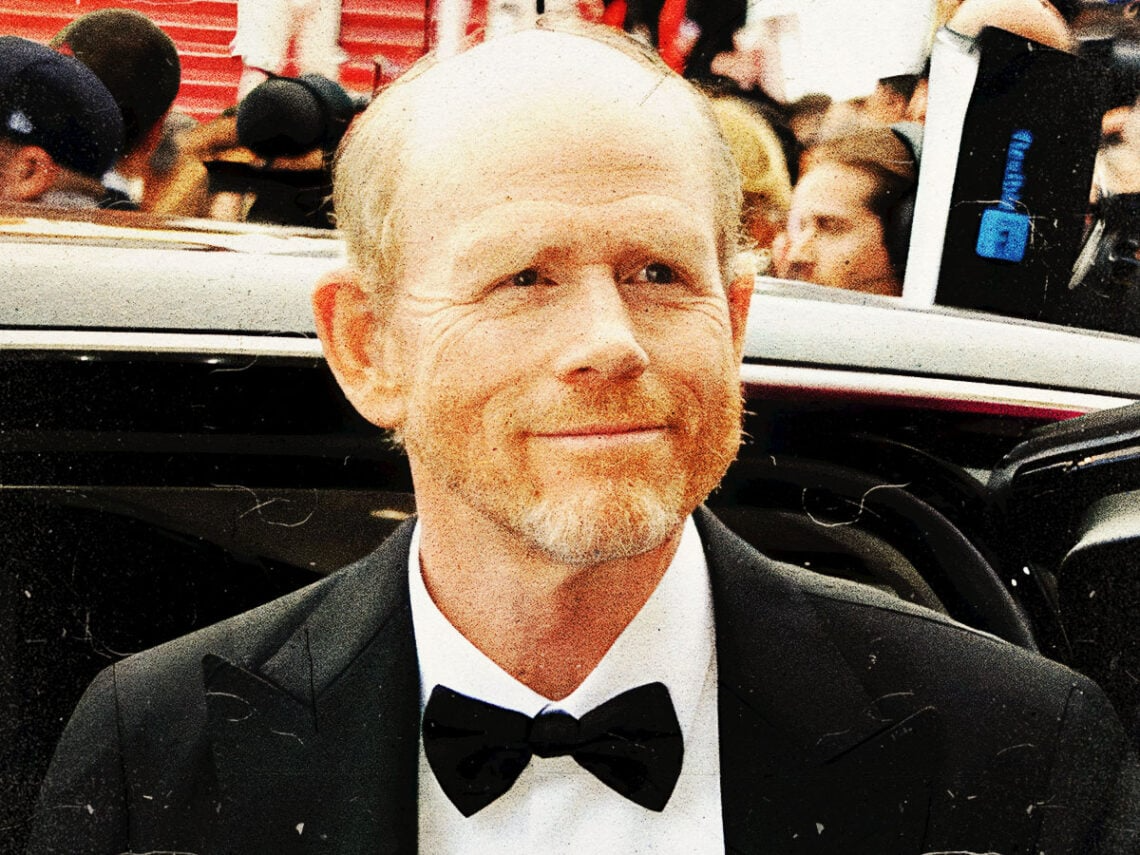
Some of the most impressive filmmakers to ever work in Hollywood are those who have also acted to a high level in front of the camera. Only a few acclaimed individuals can claim to have achieved such a feat, including the likes of Clint Eastwood, Bradley Cooper and Ron Howard, with the latter thriving in the latter quarter of the 20th century, making some of the era’s most memorable movies.
First finding acclaim back in the 1960s and the 1970s with prominent roles in such TV programmes as The Andy Griffith Show, The Smith Family and Happy Days, Howard turned to filmmaking whilst he was still a famous acting talent. After forming a career behind the camera, Howard went on to helm some of the most important movies of the late 1990s and early 2000s, including 1995’s Apollo 13 and the 2000 festive favourite How the Grinch Stole Christmas.
No doubt, one of his most important feature films was the 2001 ‘Best Picture’ winner A Beautiful Mind, which also won Jennifer Connelly a long-awaited Oscar. The movie, starring Russell Crowe, told the true story of John Nash, a master mathematician who struggled with top-secret work in cryptography and boosted the profiles of every creative involved.
But greatness isn’t just given to performers or directors, they have to earn it, and a lot of that earning happens in the earliest moments of your career as you toil away hoping to reap the rewards. Howard had come a long way to achieve his first Academy Award for A Beautiful Mind, struggling to get a proper foothold in his early career behind the camera.
Speaking about his early career in a conversation with the DGA back in 2009, Howard stated: “I was a little disappointed in my first movie, and the first couple of TV movies I made after that, I just felt like the magic wasn’t happening, you know?”. The film he makes reference to is his 1977 debut, Grand Theft Auto, starring Nancy Morgan and Don Steele, a movie that shares no relationship with the beloved Rockstar video game of the same name.
The picture is one of the worst in Howard’s career, and it clearly holds an unwelcome spot in Howard’s heart. Howard’s raucous directorial debut is a scrappy, high-octane romp that fuses rebellious youth energy with madcap automotive chaos. It could have been the exact kind of project a filmmaker makes their name on. However, the shoestring budget enriched the B-movie spirit, but couldn’t stop it from feeling like a below-par effort.
Continuing, he adds: “But by the time I was doing Night Shift [1982], which was my first high-profile film but maybe my fifth or sixth undertaking as a director, I was much looser and freer. I was able to let Michael Keaton run with that wild character, and to trust him. He and Henry Winkler both had the green light to ad-lib, but we also had a fantastic script by Lowell Ganz and Babaloo Mandel”.
Before directing Night Shift, Howard helmed a number of minor TV movies to help elevate his craft, but he wouldn’t become known as an established filmmaker till the mid-1980s when he directed such favourites as Splash, Willow and more.
Howard would, however, bounce back from this difficult time to become one of the heaviest hitters in Hollywood. He’d gain Academy Awards, critical appreciation, commercial success and a whole heap of widespread adoration. It might just be that he had to suffer to achieve the greatness he would.

